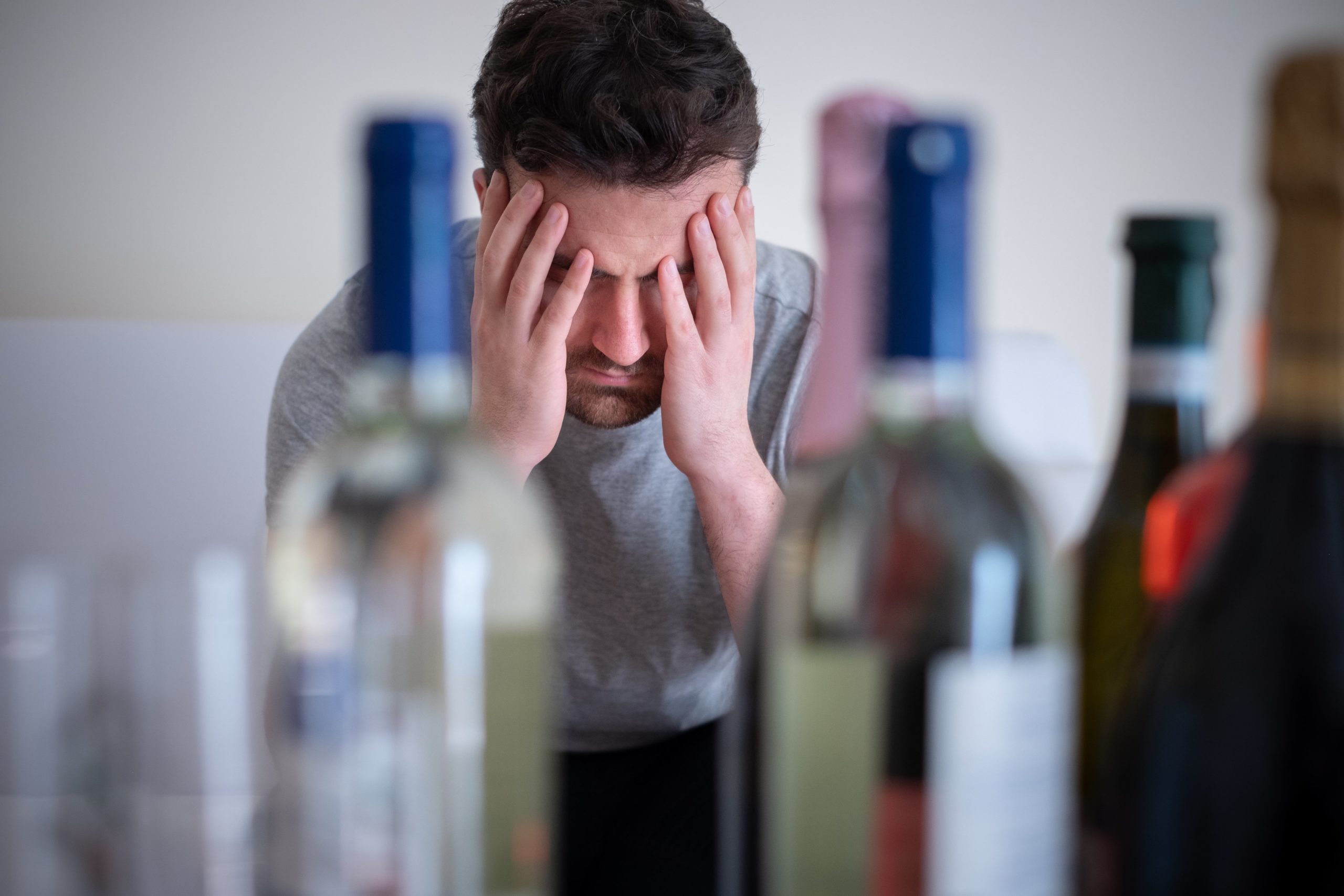One of the more common types of excessive alcohol use among teenagers and young adults is binge drinking. However, people of all ages can binge drink. According to the Centers for Disease Control (CDC), 60 percent of people aged 34 and younger binge drink, while 40 percent of binge drinkers are 35 and older. As such, regardless of your age, you need to be aware of the dangers of binge drinking.
What Is Binge Drinking?
Binge drinking is defined by the National Institute on Alcohol Abuse and Alcoholism (NIAAA) as consuming enough alcohol to bring one’s BAC (blood alcohol concentration) level to at least 0.08 percent or higher in a short period. In other words, binge drinking is a deliberate behavior to get drunk and experience the effects of alcohol.
Reaching this level depends on several factors, such as the type of alcohol being consumed, the age and gender of the individual, height, and weight. In general, this amounts to the following number of drinks:
- 14 to 15-year-old teenage boys: Four or more drinks in two hours or less.
- 16-year-old teenage boys and older: Five or more drinks in two hours or less.
- 14 to 17-year-old teenage girls: Three or more drinks in two hours or less.
- 18-year-old teenage girls and older: Four or more drinks in two hours or less.
Does Binge Drinking Mean You Are Addicted to Alcohol?
Many people mistakenly assume that when someone binge drinks, they have an alcohol use disorder (AUD) and addiction to alcohol. However, there are some differences. For instance, if someone binge drinks occasionally, it does not mean they have AUD.
On the other hand, if someone binge drinks two to three times a week, their pattern of drinking could develop into AUD. In addition, a person must meet have at least two or more of the following symptoms to be diagnosed with AUD:
- One drinks daily or almost daily.
- One drinks more than they intend to and has a hard time stopping.
- One experiences frequent hangovers.
- Drinking puts oneself or others in dangerous situations.
- One spends a lot of time thinking about and looking forward to drinking.
- Consuming alcohol becomes more important than friends, family, hobbies, and other activities.
- One continues to drink even though they are aware of its negative impacts on their health and relationships.
- One has to drink more alcohol to experience the effects of alcohol and will do so, regardless of the consequences.
Physical Dangers of Binge Drinking
- Short-term memory loss and blackouts. Frequent binge drinking can lead to short-term memory loss and blackouts where an individual is unable to account for their actions or recall events. For example, they may wake up in a strange place and cannot recall how they got there.
- The potential to become aggressive and violent. Alcohol affects people differently. Some people become more aggressive and violent when they drink an excessive amount. As a result, they could become confrontational and engage in physical assault or other violent acts.
- Increased risk of developing AUD. The longer someone binge drinks, the higher probability of them developing AUD.
- Personal, financial, and legal problems. Excessive drinking can result in damaged relationships, financial issues, and legal problems.
- Accidental alcohol overdose and alcohol poisoning. Consuming too much alcohol in a short period causes the body to view the alcohol as poison. The body reacts by causing the person to vomit, have seizures, or lose consciousness. In addition, death could occur in certain situations.
Behavioral Dangers of Binge Drinking
- Lowered inhibitions result in increased risk-taking behaviors. While the initial effects of binge drinking can make someone more socially active, it can also cause them to make poor decisions putting themselves and others at risk.
- An increase in the risk of personal injuries and injuries to others. When someone is drunk, they lose coordination, which can lead to falls and injuries. They can also cause accidents that injure others.
- Engaging in unsafe sex and sex with multiple partners. Sexual interactions with others while under the effects of alcohol can result in getting sexually transmitted diseases, HIV, or unwanted pregnancies.
- An increased risk of being sexually assaulted. It is easier to take advantage of someone sexually when they binge drink, even then they object. They are less likely to fight back and, in some cases, may even be sexually assaulted after they pass out.
How to Stop Binge Drinking
There are different methods one can use to stop binge drinking. It is essential to remember what works for one person may not work for another. For example, changing the friends you associate with and avoiding locations where you know you will binge drink could be beneficial.
However, when the urge to binge drink is still there, even when you attempt to stop, you may want to consider medically supervised alcohol detox at a medical detox center. Detox treatment can be customized to your needs. In certain cases, medication therapies could be beneficial as part of your treatment to help you stop binge drinking.
Binge Drinking and AUD Detox in Columbus, OH
When you want help to stop binge drinking or overcome your AUD in a safe, supportive, and caring environment, Ohio Addiction Recovery Center in Columbus, OH, is here to help. To start your detox and to speak with an intake specialist, contact us today.






